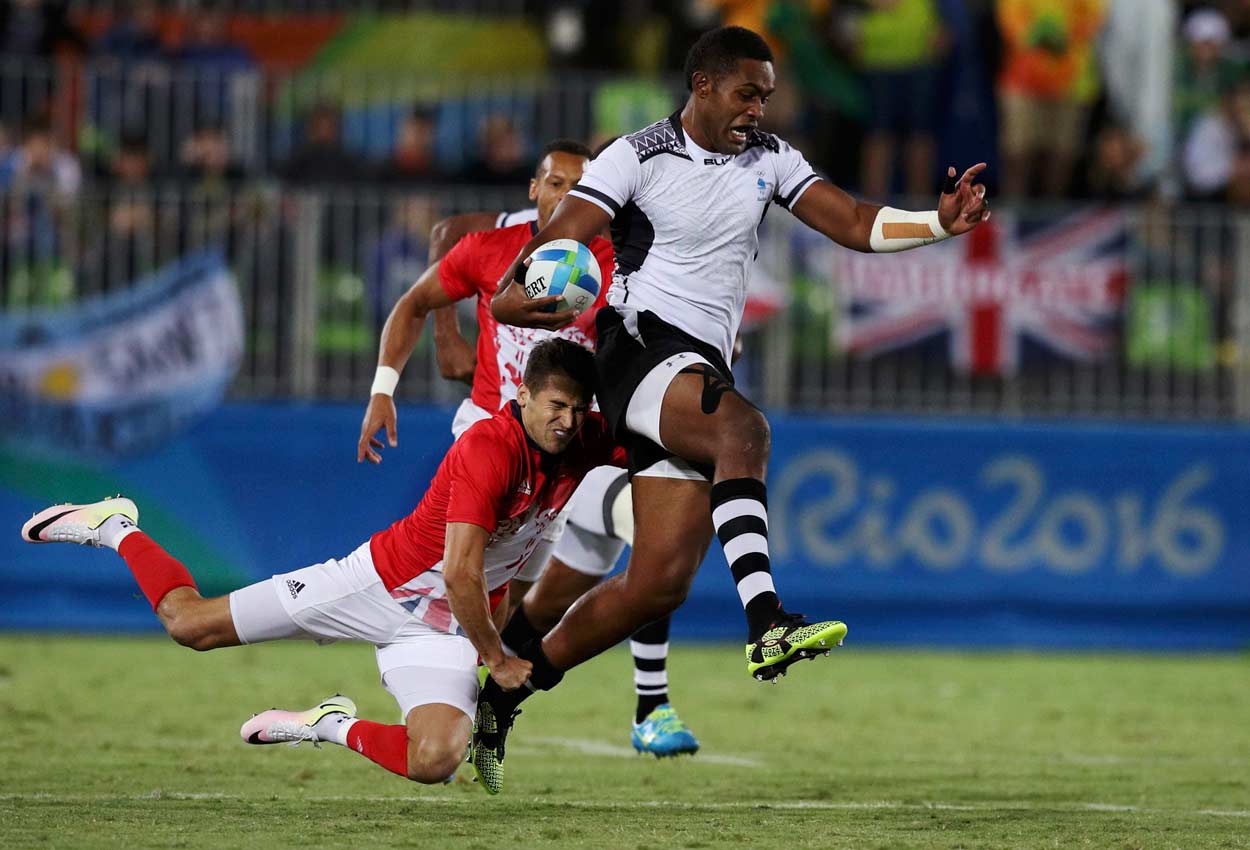UNITED KINGDOM – Psychopaths and elite sportspeople share certain characteristics including pushing life to the limit, Britain’s most decorated female Olympic athlete Katherine Grainger told AFP.
The 40-year-old Scotswoman – who defied the sceptics to take silver in the women’s double sculls in Rio to medal for the fifth successive Games – came to this conclusion when she wrote her dissertation on psychopaths for a Masters in medical law and ethics, to add to her degree in law and another in homicide.
Grainger, who tumultuously won gold in the London Games and then took two years out before returning to the sport, emphasised the similarities only went so far.
“My masters was in psychopaths and I try not to link it directly to rowing and my team-mates,” she told AFP after arriving back from Rio with many of her team-mates who had also contributed to the record 67 medals.
“It is not a direct comparison in any way. But it is quite an extreme part of human behaviour and the mental side of people and actions and thoughts and deeds, to a certain extent sport is like that.
“People who are very passionate, very driven at what they do and take it right to the limit of human performance.
“It is always interesting seeing human beings experiencing life at the limit, whatever that limit is.” Grainger, who also won silver in Sydney (2000), Athens (2004) and Beijing (2008), said despite her academic qualifications in legal matters she wasn’t sure what career she would choose.
“I’m lucky there are a lot of doors I can open and choose what to do next,” said Grainger.
“The hard thing is knowing which direction to take next.
“I’ve got loads of interests and lots of things that excite me about the future.” Grainger, who at one point looked as if she wouldn’t make the Games as she and sculls partner Victoria Thornley struggled for form, said the last 20 years had been extraordinary but it was time to move on.
“I know I’ll never replace this and I wouldn’t try to replace this as its been an exceptional part of my life,” she said.
“I wouldn’t change any of it but at the same time I’ve got the next part of my life and I really want to be excited about that,” she added.
Now, however, the immediate future belongs with her family, to whom she acknowledges she owes a huge debt.
“They miss out on seeing you,” she said.
“There are so many weddings, birthdays, anniversaries, and christenings you just don’t get to go to. However, my family have been wonderful because they’ve accepted it over the past 20 years.
“Just like any parent they want their child to be happy, whether successful or not. It is very, very hard for a parent or a loved one watching an athlete go through the emotional highs and lows and then enter the intense pressure of delivering when the event comes up every four years.
“I know how hard it has been for my mum and dad, they’ve been incredible, always very supportive of me coming back and doing it again.
“But I think they need a break from it now.” Grainger is especially looking forward to seeing her two-year-old nephew, who screamed her home watching her on television.
“Yeah I got photos through from my sister and he knew it was me on the TV,” said Grainger.
“I don’t think he could work out what I was doing on the TV, he doesn’t speak masses but he knows my name and shouts at the TV with the rest of the family.
“He is one of the first people I want to go back and see as I haven’t spent a lot of time with him in the past two years. My nephew will not know what the medal is for and he doesn’t know what the five rings are but that is quite refreshing.” From a professional point of view Grainger says as she looks back there is no resemblance between Team GB and the one she first competed for in Sydney.
“The whole ethos surrounding Team GB has changed,” she said.
“There is much more expectation of success.
“When I won my first medal in Sydney it was the first women’s rowing medal of any colour in the Olympic Games.
“There was huge surprise, but we didn’t know if it would change things or not.
“Now it is kind of expected to deliver medals across almost all sports categories.
“That is such a different mindset to when I started. Back then it was have a go and lets see if we can make a bit of history.
“Now it is all this responsibility, we have to deliver as this is what we do. It is breeding success.”











































































